Moscow, Dec 18 (V7N) — Former Syrian President Bashar al-Assad has spoken for the first time since fleeing to Russia following the fall of Damascus to rebel forces. His sudden departure from Syria had sparked confusion about his whereabouts, which was clarified 18 hours later when Russia confirmed granting him humanitarian asylum.
In a statement released via Syria’s presidential Telegram channel on Monday, Assad denied claims that he planned his escape or sought asylum. He stated that he remained in Damascus until the early hours of December 8, 2024, when rebel groups, including Hayat Tahrir al-Sham, seized control of the city. Assad described his evacuation as a necessity, orchestrated by Moscow, after a drone strike made it impossible to stay at the Russian Hmeimim air base near Latakia.
“I performed my duties in Damascus until the very end,” Assad asserted, adding that the decision to leave was made by Russian military command. He denied allegations of abandoning his country, describing himself as a dedicated leader committed to Syria’s sovereignty and security during years of civil war.
The former leader also addressed what he called a “flood of misinformation” surrounding his departure. “I never sought to flee or resign. My only goal was to continue the fight against terrorism,” Assad said. He expressed hope that Syria would regain its freedom, despite celebrating crowds in Damascus marking what they described as "independence" from his regime.
The statement emphasized Assad’s belief in his role as a “guardian of a national project entrusted by the Syrian people” and reaffirmed his dedication to his country. However, questions remain about the authenticity of the statement, as the control of the Telegram channel used to release it is unclear.
Bashar al-Assad, who had ruled Syria since 2000, fled with his family to Moscow after Russian forces evacuated him from Latakia. His ouster marks the end of a two-decade-long regime that had been mired in civil war since 2011.
Observers note that Assad’s departure may signal a significant shift in the balance of power in the Middle East. However, his statement underscores his continued effort to shape the narrative surrounding his legacy.
END/RH/AJ



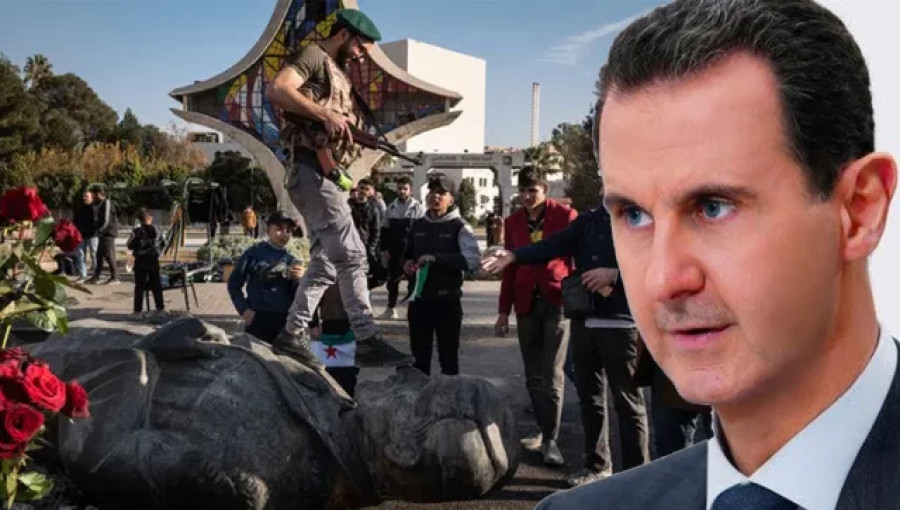
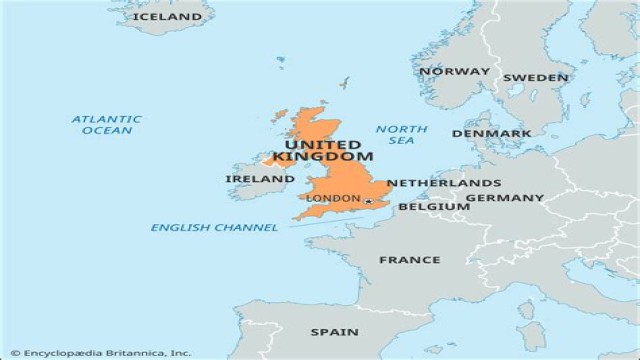
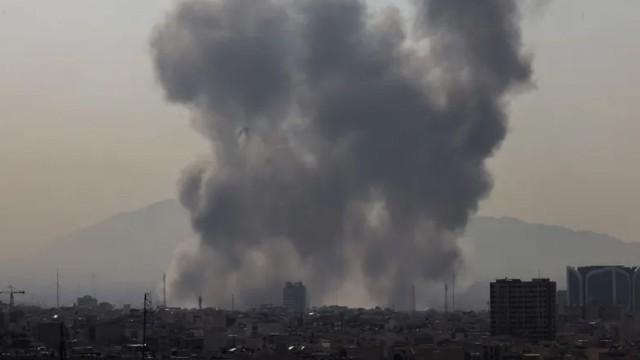
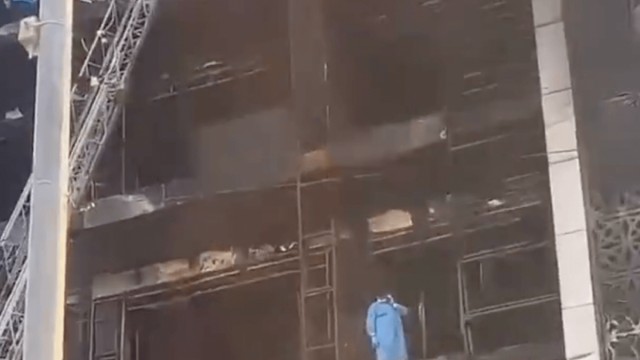
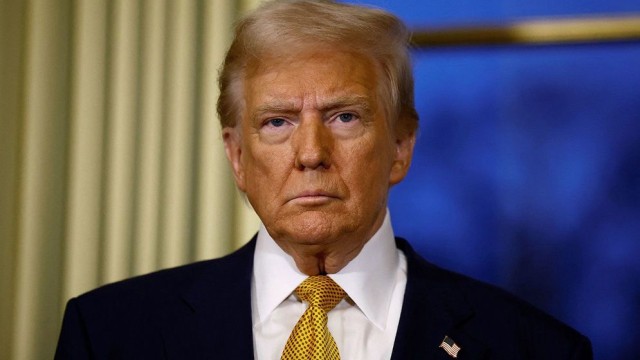

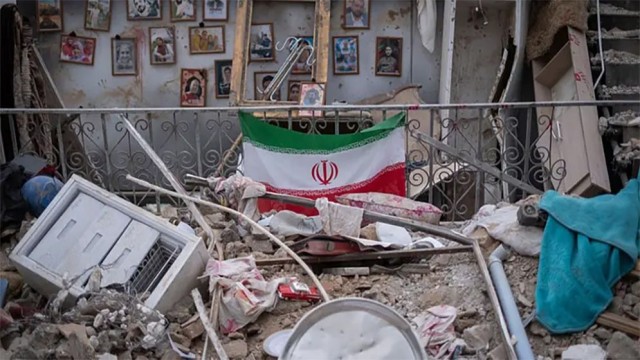
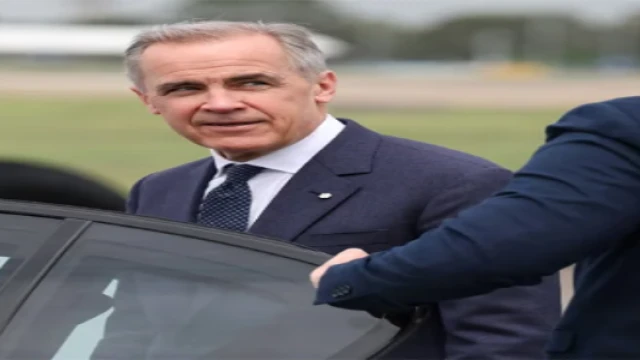
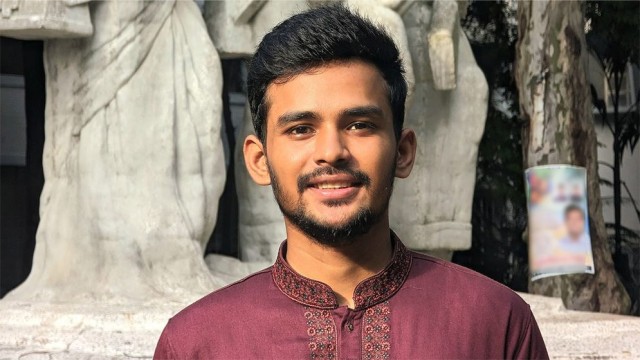
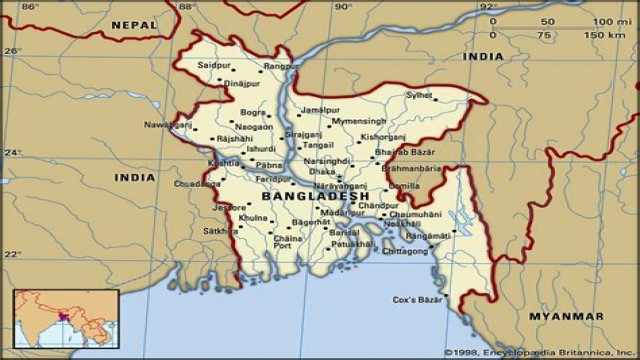













Comment: